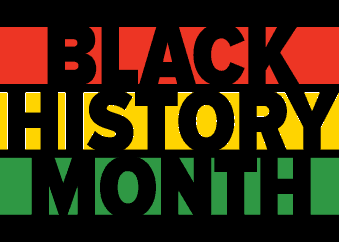Nationwide initiative to fight HIV/AIDS among Caribbean American communities
NEW YORK – June 8, 2008, is the 3rd annual National Caribbean American HIV/AIDS Awareness Day. Due to this day falling on a weekend we will commence a week long celebration around this day. During this week, Caribbean People International Collective (CPIC) pledges to continue working toward reducing the burden of HIV/AIDS in the Caribbean-American communities in the United States.
Caribbean-American leaders, Health professionals, Health Organizations and Religious leaders are strongly urged to join the efforts against the AIDS epidemic.
Nationwide, on June 8th in 5-10 cities around the United States, Caribbean-American leadership will sponsor diverse activities to create awareness of the state of HIV/AIDS and the health status of Caribbean-Americans in 2008 in their specific communities. National Caribbean American HIV/AIDS Awareness Day is a nationwide mobilization effort designed to encourage Caribbean communities across the United States to get educated, get tested, get treated and get involved with HIV/ AIDS, as it continues to devastate racial and ethnic minority communities.
The Caribbean region is second only to Sub-Saharan Africa in its rate of HIV infection. The Caribbean-American community in central Brooklyn, NY has experienced a 200% increase in its rate of HIV infection from 1997 to 1999). Current reported HIV seroprevalence rates in Brooklyn are among the highest in the United States. While there is a very large Caribbean immigrant community in Brooklyn, little is known about the specifics of HIV-related attitudes, behaviors and prevalence in this population.
In 2003, to better understand the impact of HIV/AIDS on Caribbean’s living in the United States and their experience with the HIV/AIDS care system, the Health Resources and Services Administration conducted a series of qualitative data collection activities in Ryan White CARE Act centers in Florida, New York and Puerto Rico. This consisted of focus groups, interviews and survey assessments of HIV-infected persons from the Dominican Republic, Haiti, Jamaica, and Trinidad and Tobago and their providers. Barriers to care that were identified included lack of knowledge about HIV, stigma, language differences, concerns about confidentiality, immigration status, and cultural beliefs and practices.
The moral association of HIV with `sin’ and subsequent intolerance to those infected is a significant obstacle toward providing care. For these reasons it is imperative that we act now to remove this scrooge from within our communities and families.
The Centers for Disease Control and Prevention has estimated that one-quarter of people in the United States living with HIV do not know that they are infected with the virus. This fact—coupled with stigma and discrimination, misconceptions about the disease, inadequate healthcare and often time communication barriers—underscores the need to encourage Caribbean-Americans to become knowledgeable about HIV/AIDS and regular testing.
Information about the Awareness Day and to register your events in support of this day visit http://www.ncahaad.com.



